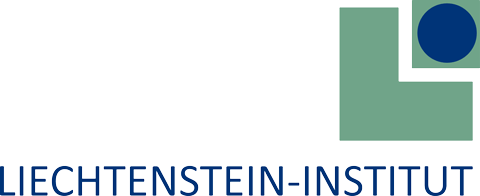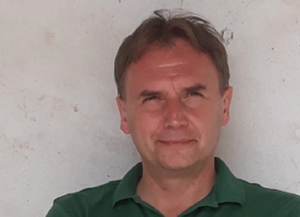Dependent Market Economies in East Central Europe – Differentiated European Integration Perspective
St. Luziweg 2
Auf dem Kirchhügel
LI 9487 Gamprin-Bendern
Über den Vortrag / About the lecture
The introduction of the concept “Dependent Market Economy” (DME) shifted the gravity point of comparative capitalism scholarship from the West to the East. More precisely to East and Central Europe (ECE), and even more specifically the Visegrad Group, namely: Poland, Hungary, Slovakia and the Czech Republic, also labelled as the Visegrad Four (V4). In its way, not only the ECE region got included into the long lasting discourse on the typologies of capitalism, but additionally it expanded the varieties of capitalism (VoC) literature by adding the DME model to the existing typologies.
In this lecture the main DME assumptions will be revisited in order to assess the validity of the concept vis-à-vis the new available data. Describing and explaining the post-EU accession trends, we may observe some evidence for the convergence of the V4 economies towards a Coordinated Market Economies (CME) model. At the same time we identify some meaningful differences within the V4 that we interpret through the European differentiated integration (DI) lens. DI has become a dominant feature of the European integration project and therefore it is a highly legitimate approach to study the new EU member states and their economies. Connecting the approaches of DI and VoC creates an interdisciplinary perspective that improves our understanding of the evolutionary trajectories of the V4.
Über den Referenten / About the speaker
Rafał Riedel, Professor at the Institute of Political Science and Administration, Opole University, Poland
Vortrag in englischer Sprache!
Exploring Liechtenstein's and Poland's Perspectives on European Integration, presentation slides
This lecture was held within the framework of the initiative “Exploring Liechtenstein’s and Poland’s Perspectives on European Integration", supported by the Bilateral Fund of the European Economic Area Financial Mechanism 2014–2021 and Norwegian Financial Mechanism 2014–2021.









